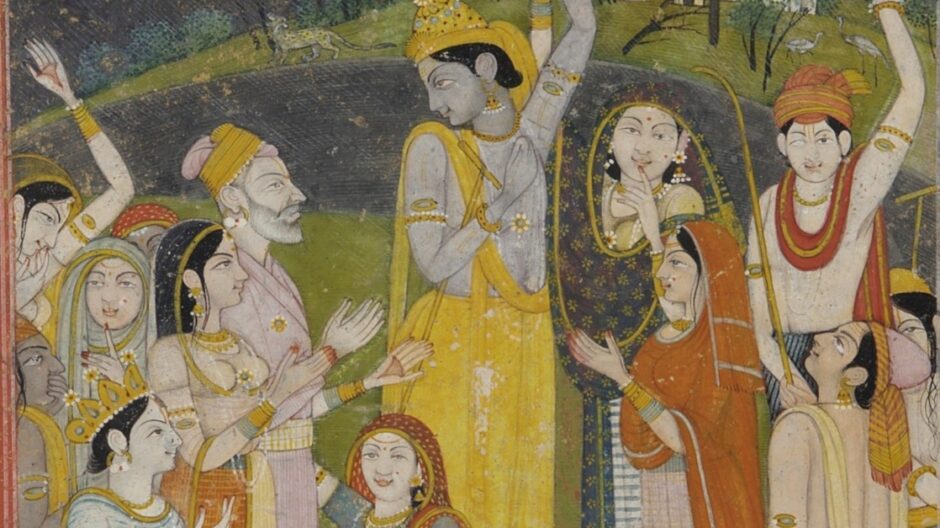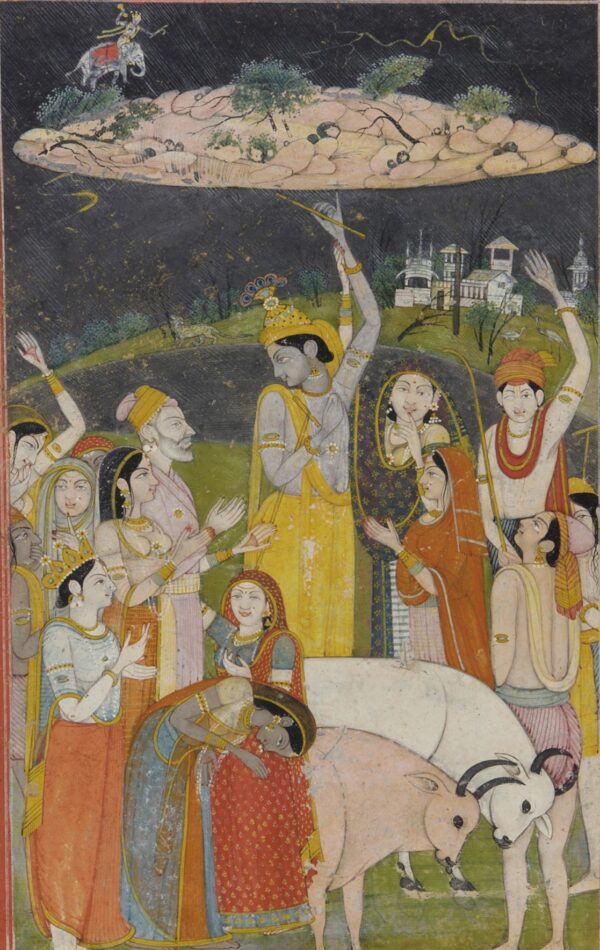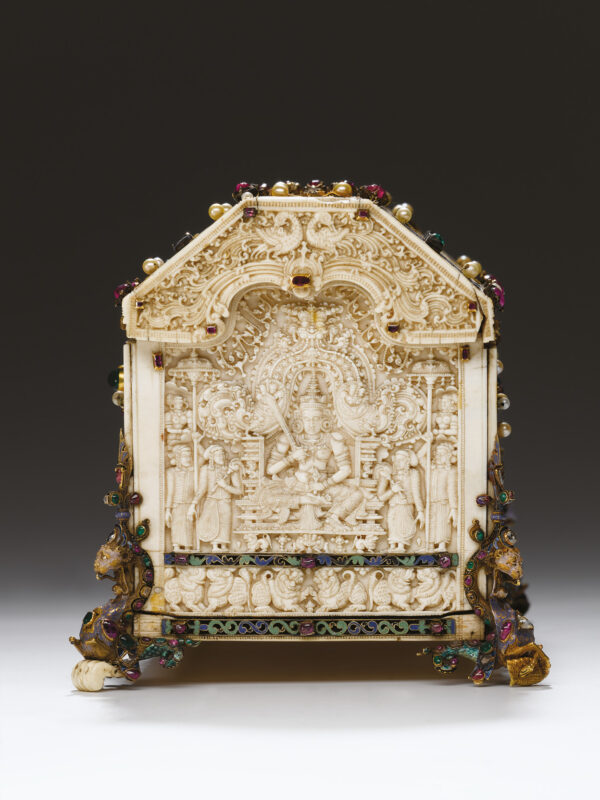This meeting of the Sacred Traditions & the Arts seminar will explore the intersection between poetry and politics in representations of Buddhist and Hindu traditions.
Dr Sujatha Meegama (The Courtauld) will speak on ‘Envisioning Kingship in Early Modern Sri Lanka’:
Little remains of the monuments, sculptures, and paintings of sixteenth century Sri Lanka following the violent destruction of temples, both Buddhist and Hindu, that took place during Sri Lanka’s first encounter with a European colonial power. To understand the visual culture of this tumultuous time, one must therefore turn to the royal gifts produced for Portuguese patrons. These ivories provide rare glimpses into the courtly and religious traditions of Sri Lankan royalty. Portraying bodhisattva-like kings seated at court, these carvings illustrate an aspect of sixteenth-century kingship that has yet to be extensively examined.
This research talk locates these ivory carvings within traditions of visualising the historical Buddha, while also engaging with Sinhala poetic descriptions of kings at court, to further understand how kingship was envisioned in sixteenth-century Sri Lanka. Such visual and textual comparisons suggest the significance of the divinity of kings, invoking both Buddhist and Hindu traditions.
Dr Ankur Barua (Faculty of Divinity, University of Cambridge) will speak on ‘The Lure of Love: Engendering Longing for Krishna’:
Central to many forms of Hindu devotional love (bhakti) is the paradox that God is the “intimate stranger”: God remains interwoven with the sinews of the human heart, but because we are estranged from God we are unable to discern God’s subtle presence. The (seeming) absence of God becomes a moment of unbearable anguish, yet this very absence can become a site of cultivating God-centredness. Over the last millennium, this leitmotif has been vividly expressed in numerous styles of literature, architecture, and the performative arts – and, occasionally, Bollywood film songs. I will explore it in the symbolic poetry of Śrīmanta Śaṅkardeva (Assamese: 1449–1568) and Rabindranath Tagore (Bengali: 1861–1941). By singing two of their songs, I will invite the audience to “savour” a distinctive style of Hindu theological inquiry that is articulated through the sentiments of despair, deference, and delight.
Following this pair of papers and discussion between the speakers, there will be an opportunity for audience members to ask questions and contribute to the discussion. Refreshments will be provided.
Organised by Dr Caroline Levitt (The Courtauld) and Professor Ben Quash (KCL), as part of the seminar on Sacred Traditions and the Arts, a joint venture between the Department of Theology and Religious Studies at King’s and The Courtauld. It seeks to place researchers in dialogue who are working on any aspect of the sacred and visual culture. It is open to all scholars and students who have an interest in exploring the intersections of religion and art regardless of period, geography or tradition.
Speakers
Dr Ankur Barua (Faculty of Divinity, University of Cambridge) works on Vedāntic Hindu philosophical theology and Indo-Islamic styles of sociality. He researches the conceptual constellations and the social structures of the Hindu traditions, both in premodern contexts in South Asia and in colonial milieus where multiple ideas of Hindu identity were configured along transnational circuits between India, Britain, Europe, and USA. An integral dimension of Ankur’s research is the comparative philosophy of religion. He studies the theological and the socio-political aspects of Hindu–Christian engagements. In recent years, his research focus has moved to an exploration of the intersections between the idioms of bhakti, yoga, tawḥīd, and taṣawwuf on the multiply-stratified postcolonial landscapes of South Asia.
Dr Sujatha Meegama (The Courtauld) works with transcultural objects and sites in the Indian Ocean world. She is the author of Temples to the Buddha and the Gods: Transnational Dravida Tradition of Architecture in Sri Lanka (2024) and the editor of Sri Lanka: Connected Art Histories (Marg, 2017). Her current research focuses on ivories commissioned for colonial and local Buddhist patrons in Sri Lanka.








